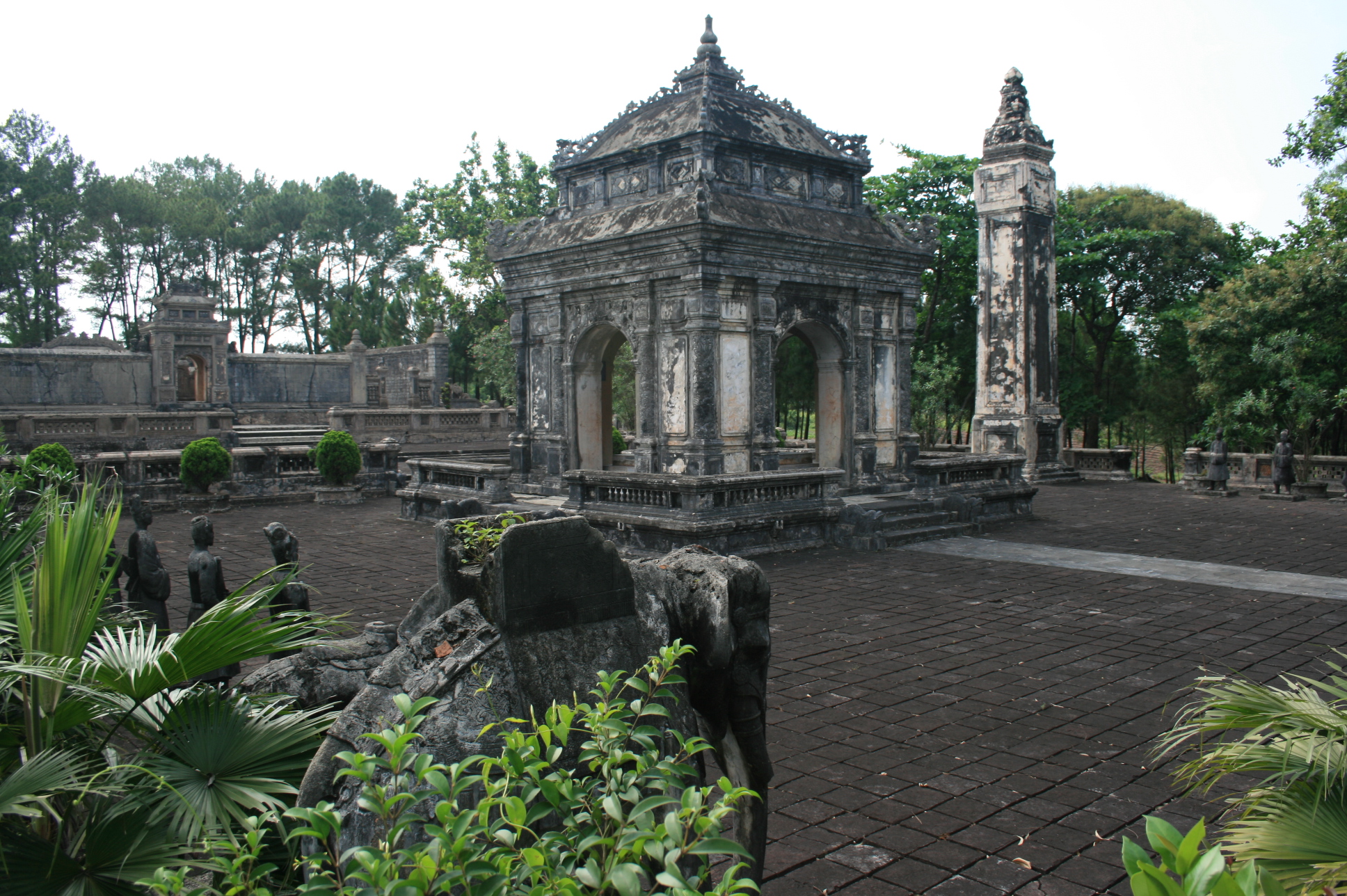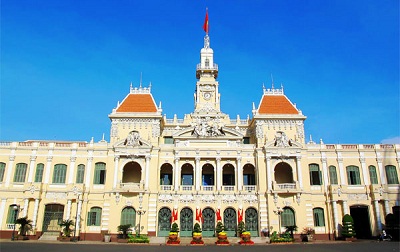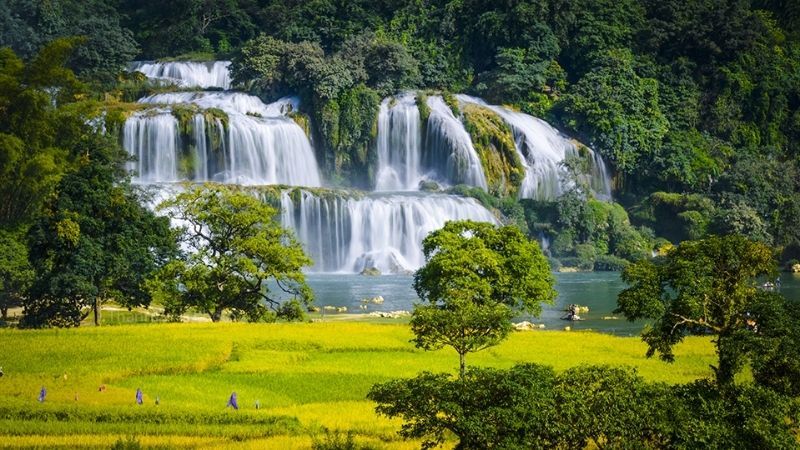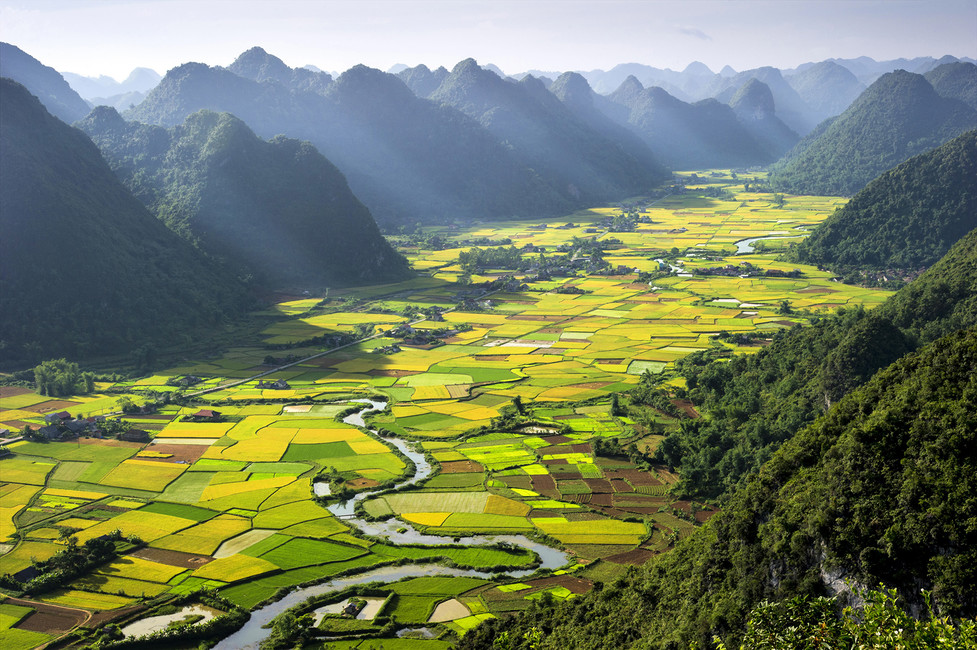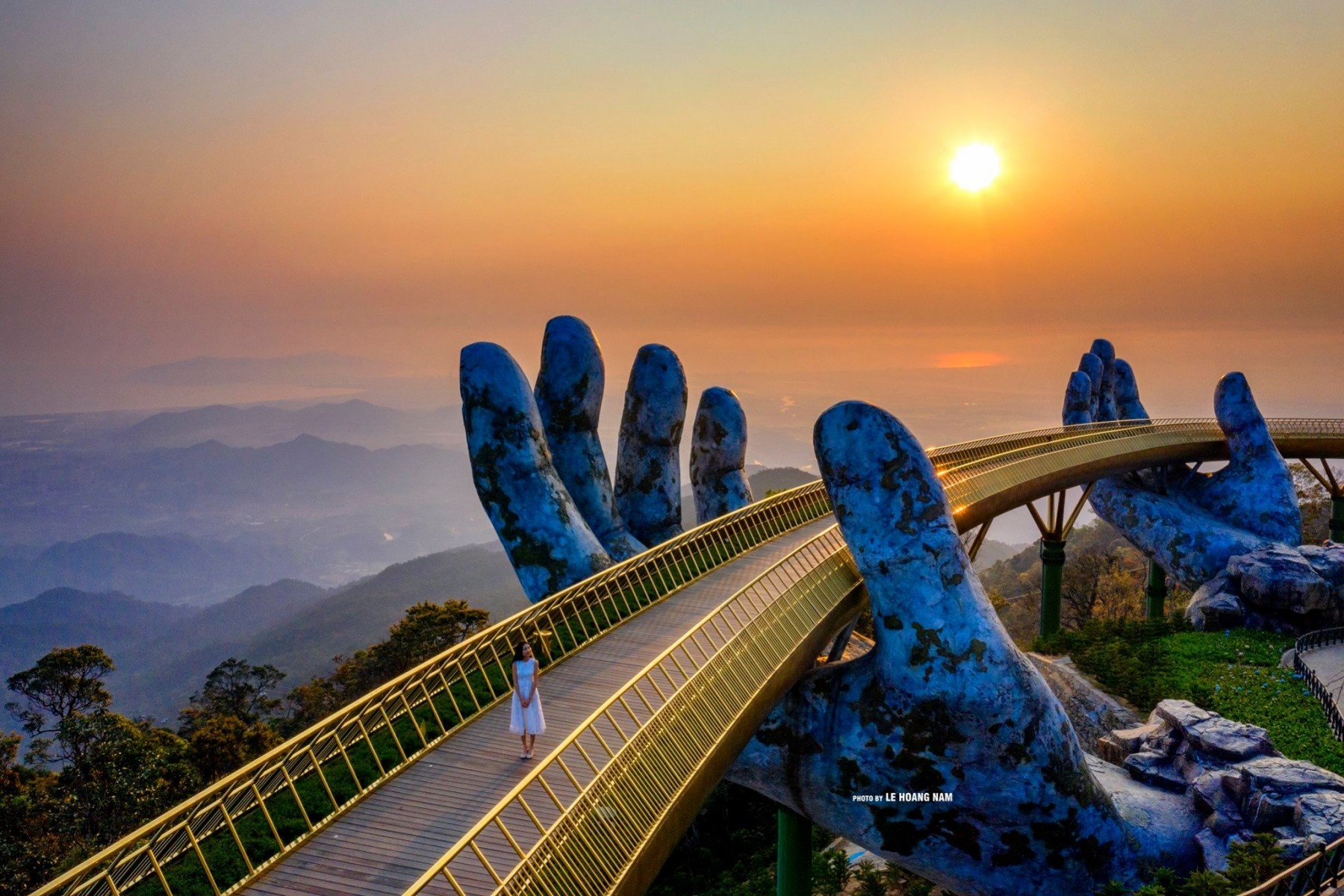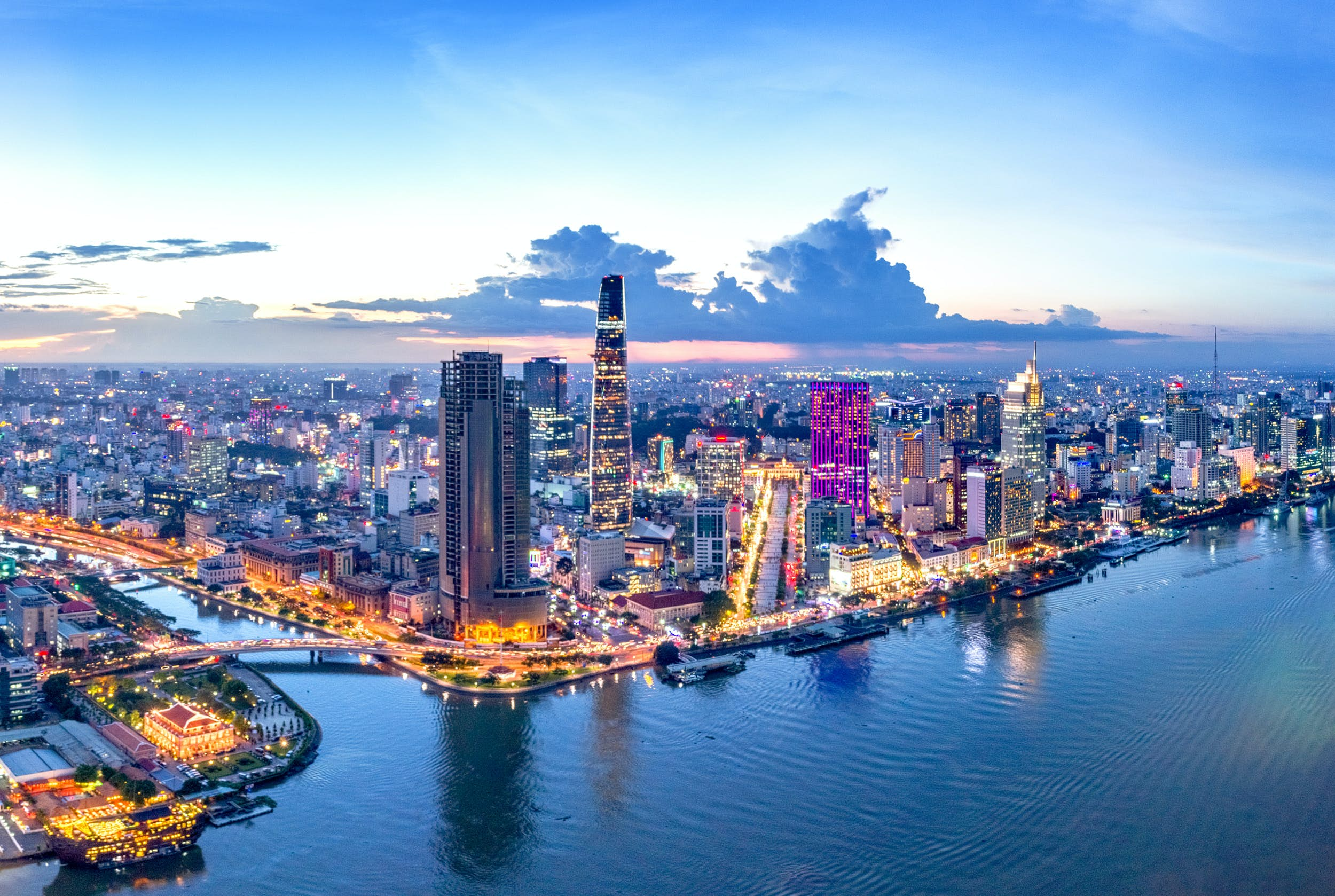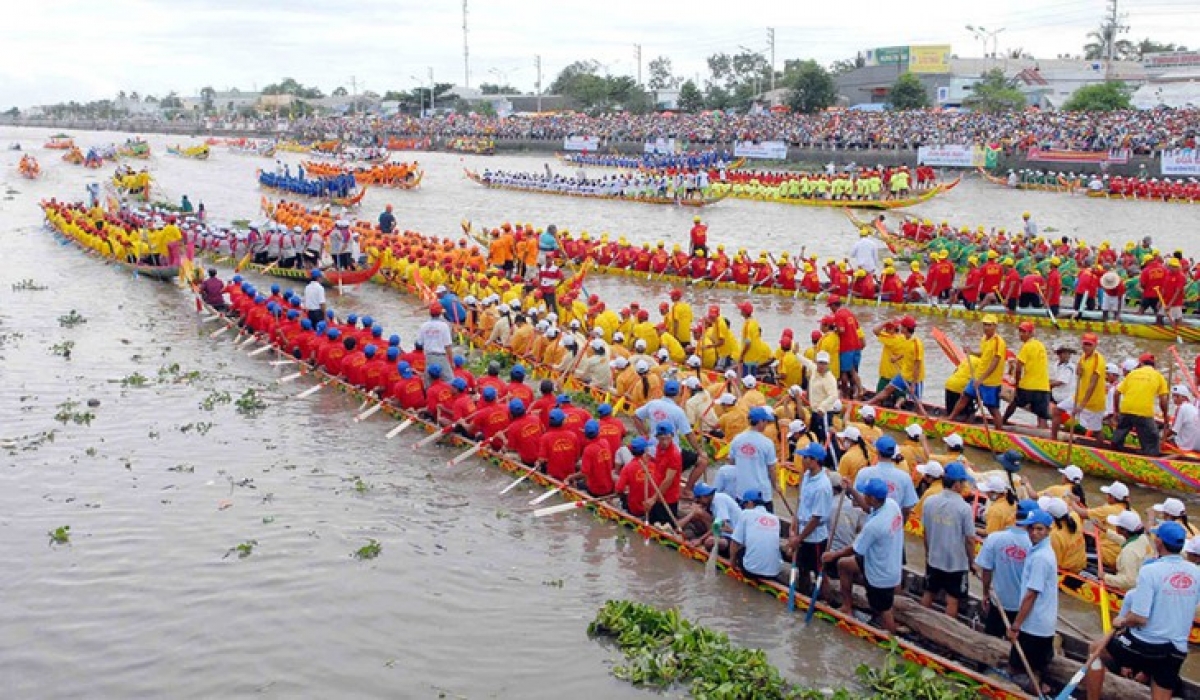Dealing with Emergencies in Vietnam: A Tourist’s Guide
Vietnam is a vibrant and welcoming destination, known for its stunning landscapes, rich history, and delicious cuisine. While most visits are enjoyable and trouble-free, it’s always wise to be prepared for unexpected situations. This guide will help tourists navigate emergencies effectively while traveling in Vietnam.

1. Know Emergency Numbers
Keep these important numbers handy:
- Police: 113
- Fire Department: 114
- Ambulance: 115
- Tourist Support Hotline: 1900 1109 (available in English)
Store these numbers in your phone and ensure you can access them even offline.
2. Health Emergencies
- Medical Facilities: Vietnam has international-standard hospitals in major cities like Hanoi, Ho Chi Minh City, and Da Nang. Some recommended hospitals include:
- Hanoi: Hanoi French Hospital, Vinmec International Hospital
- Ho Chi Minh City: FV Hospital, Cho Ray Hospital (international wing)
- Da Nang: Vinmec Da Nang Hospital
- Travel Insurance: Ensure you have travel insurance that covers medical emergencies, including evacuation if necessary.
- First Aid: Carry a basic first aid kit with medications for common issues like headaches, stomach problems, and minor injuries.
- Language Barrier: If English is not widely spoken, use translation apps or seek assistance from your accommodation or guides.
3. Lost Passport or Documents
If you lose your passport:
- Report to Police: File a police report at the nearest station.
- Contact Your Embassy: Visit or call your country’s embassy or consulate for assistance in obtaining a replacement passport or travel document.
- Travel Copy: Always carry photocopies or digital scans of important documents, including your passport and visa.
4. Scams and Theft
- Common Scams: Be cautious of taxi overcharging, fake tour operators, and currency scams. Stick to reputable service providers.
- Pickpocketing: Keep valuables secure, especially in crowded areas. Use anti-theft bags or money belts.
- What to Do: If you’re a victim of theft, report the incident to the local police and obtain a report for insurance claims.
5. Natural Disasters
Vietnam is prone to typhoons and flooding, especially during the rainy season (May to October).
- Stay Informed: Monitor weather updates through reliable sources like the Vietnam Meteorological and Hydrological Administration or your embassy.
- Evacuation Plan: Follow local authorities’ instructions and have an emergency kit ready with essentials like water, snacks, and a flashlight.
6. Traffic Accidents
Vietnam’s traffic can be chaotic, and accidents are not uncommon.
- Call for Help: Dial 115 for an ambulance or 113 for police assistance.
- Insurance: Ensure your travel insurance covers accidents involving motorbikes if you plan to ride one.
- Avoid Driving: Unless you have an international driving permit and experience with chaotic traffic, it’s safer to use taxis or ride-hailing apps like Grab.
7. Dealing with Legal Issues
- Understand Local Laws: Avoid actions that might violate Vietnamese laws, such as carrying illegal substances or engaging in political protests.
- Consular Assistance: Contact your embassy for guidance if you face legal troubles. They can provide legal referrals or liaise with local authorities on your behalf.
8. Emergency Communication Tips
- Language Support: Learn a few basic Vietnamese phrases or use translation apps to communicate effectively during emergencies.
- Tourist Support Hotline: Vietnam’s tourist hotline (1900 1109) provides assistance in multiple languages.
- Accommodation Staff: Hotel or hostel staff can often provide quick help or directions in emergencies.
9. Preparation Before Traveling
- Travel Insurance: Ensure comprehensive coverage for health, theft, and trip interruptions.
- Vaccinations: Consult your doctor about recommended vaccinations before traveling to Vietnam.
- Emergency Plan: Share your itinerary with family or friends and establish a check-in routine.
While emergencies can be stressful, being prepared and staying calm can make a significant difference. Vietnam is a safe and friendly destination for tourists, and locals are often willing to help if needed. By taking a few precautionary measures, you can ensure a smooth and enjoyable trip.
Start planning your tailor-made Viet Nam tour by contacting one of our specialists…
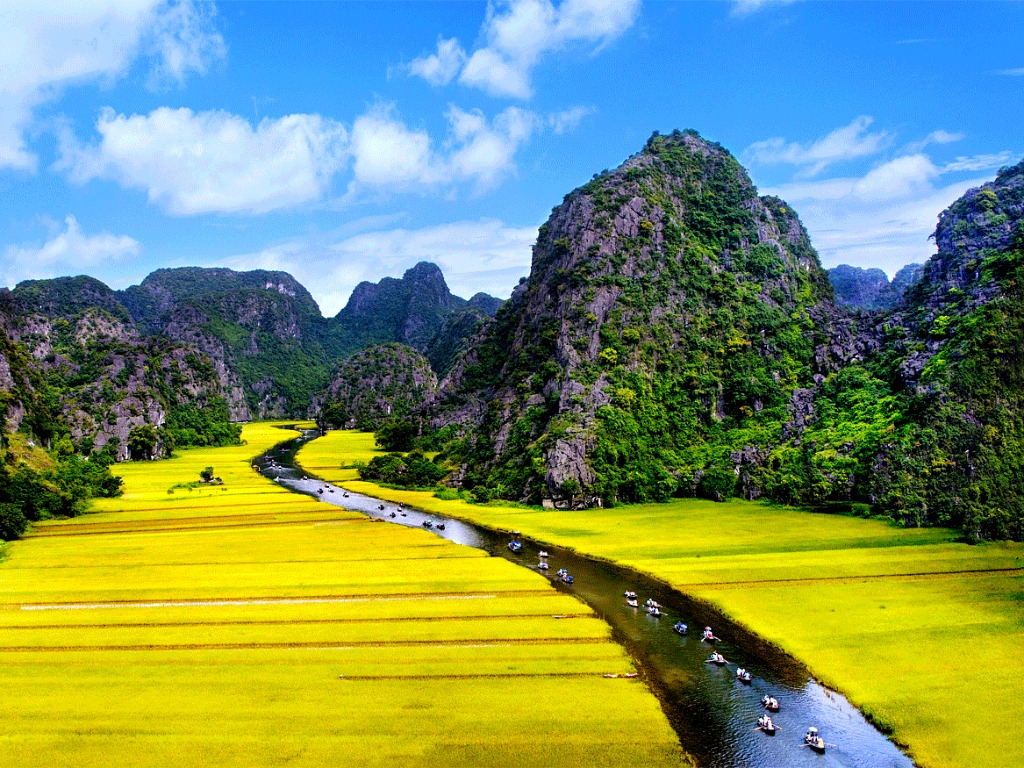
The Most Popular Articles



